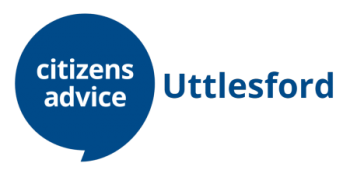Staying safe online
Keeping you and your family safe on-line
The big wide world of the internet is full of fascinating and useful things, but just like the offline world, there are traps to be avoided. Keeping yourself and your family safe can seem daunting, but there are some straightforward things you can do to help avoid most pitfalls:
Put effective locks on your accounts
Make sure you have different, difficult to guess passwords for your important accounts – for example your bank accounts. This includes your email, as it is often used to reset and verify other passwords. A good password includes combination of letters and numbers, and the longer the better. Don’t use your children’s names or anything else easy to guess!
Top Tip: use a phrase – a quote, song lyric or book title to create a password eg “To be or not to be that is the question” =2bon2btitq
Don’t even try to remember your infrequently used passwords – use the password reset instead.
Use the security lock on your phone/tablet – apps often store password information e.g. your email
Keep your family safe from things other people post
Use filters and blockers – use the parental control settings from your broadband provider, and consider also using security software filters for each device and for specific sites/apps like YouTube
Have conversations with your children about what to do if they see something online that they are uncomfortable with or get messages from people they don’t know. Children who have grown up with digital technology can think that they know it all, but don’t have the life experience to help them spot or deal with difficult situations.
Social media sites like Facebook and, Instagram have age limits for a reason. Make sure your child is only exposed to content that is appropriate for their age, even if “everyone else has it”.
Keep your family safe from the things that they post
Assume that everything posted on internet is public. Even if you use privacy settings on social media sites, it’s easy for onward sharing to expose information that you hadn’t intended. Identity thieves and others can use information across different sources – date and location of birth, and pictures of things like your car and your house are particularly useful to them. And don’t be surprised if those embarrassing photos are viewed by more people than you intended….
Don’t give away your location – doing so can compromise personal safety or that of your property. So don’t announce your holiday plans or check in on social media, and ensure geolocation is turned off when uploading photos.
Protect yourself from scammers and fraudsters
Keep your security software up to date
When buying something, make sure the website is secure by checking the address starts with https://
Be alert to “phishing” – emails or social media messages trying to defraud you of money directly or indirectly. These often have a sense of urgency – you must verify your account, change your password, pick up parcel or claim a prize straight away.
Don’t click on links/download attachments/download software – if it’s a phishing message you might be downloading something you hadn’t bargained for! Instead, phone the sender or go to their website via your own bookmark or search engine.





